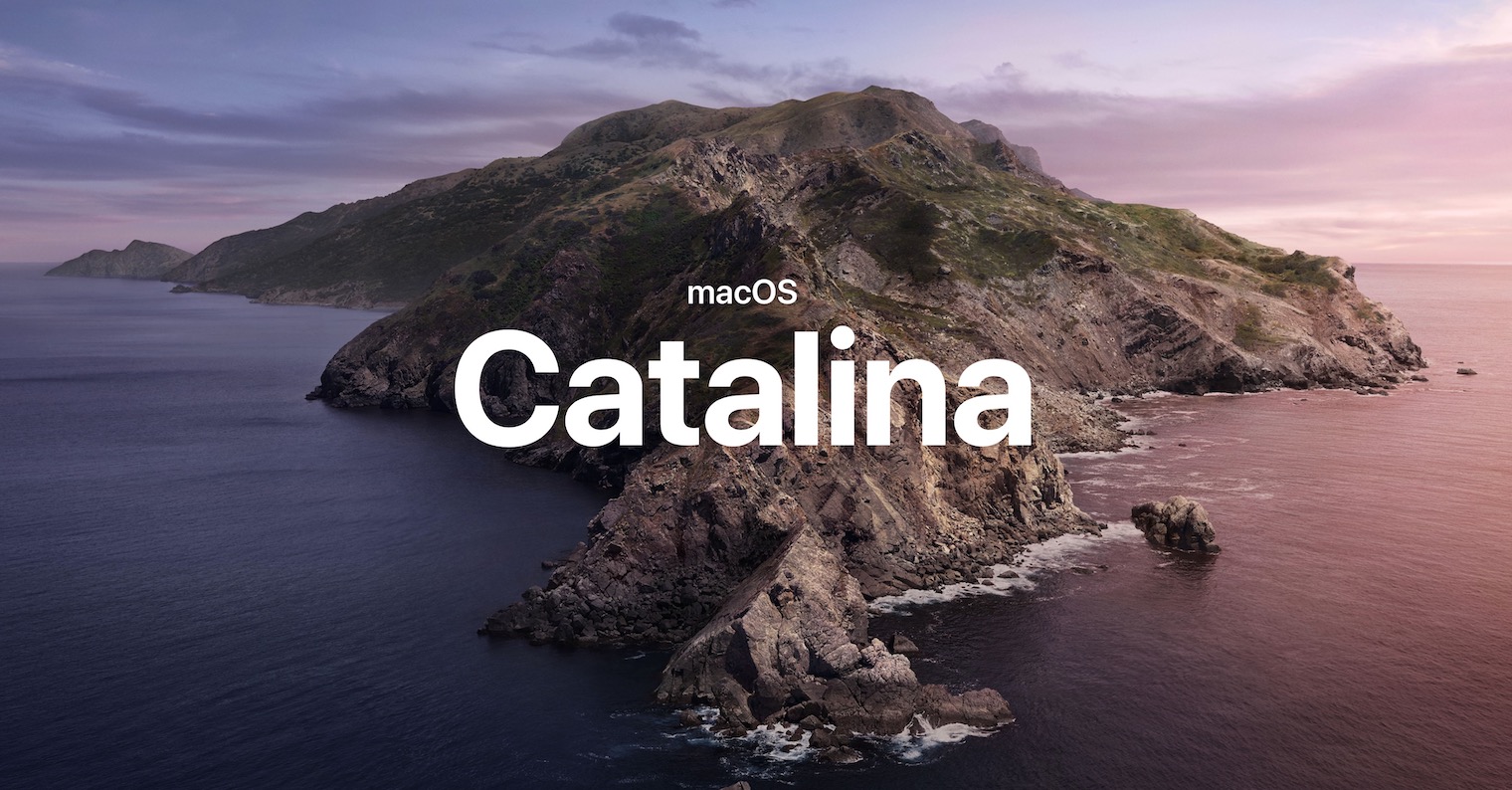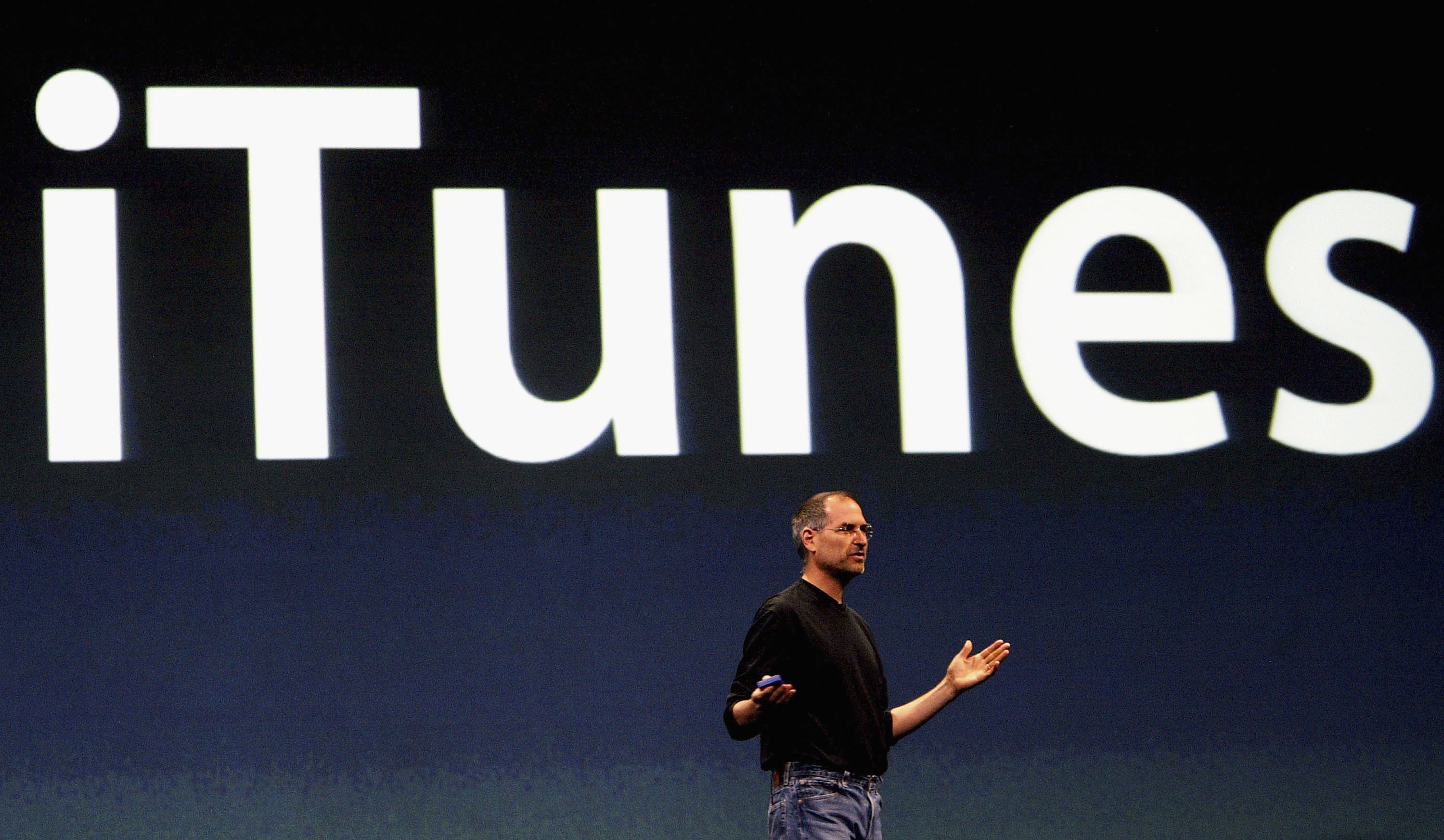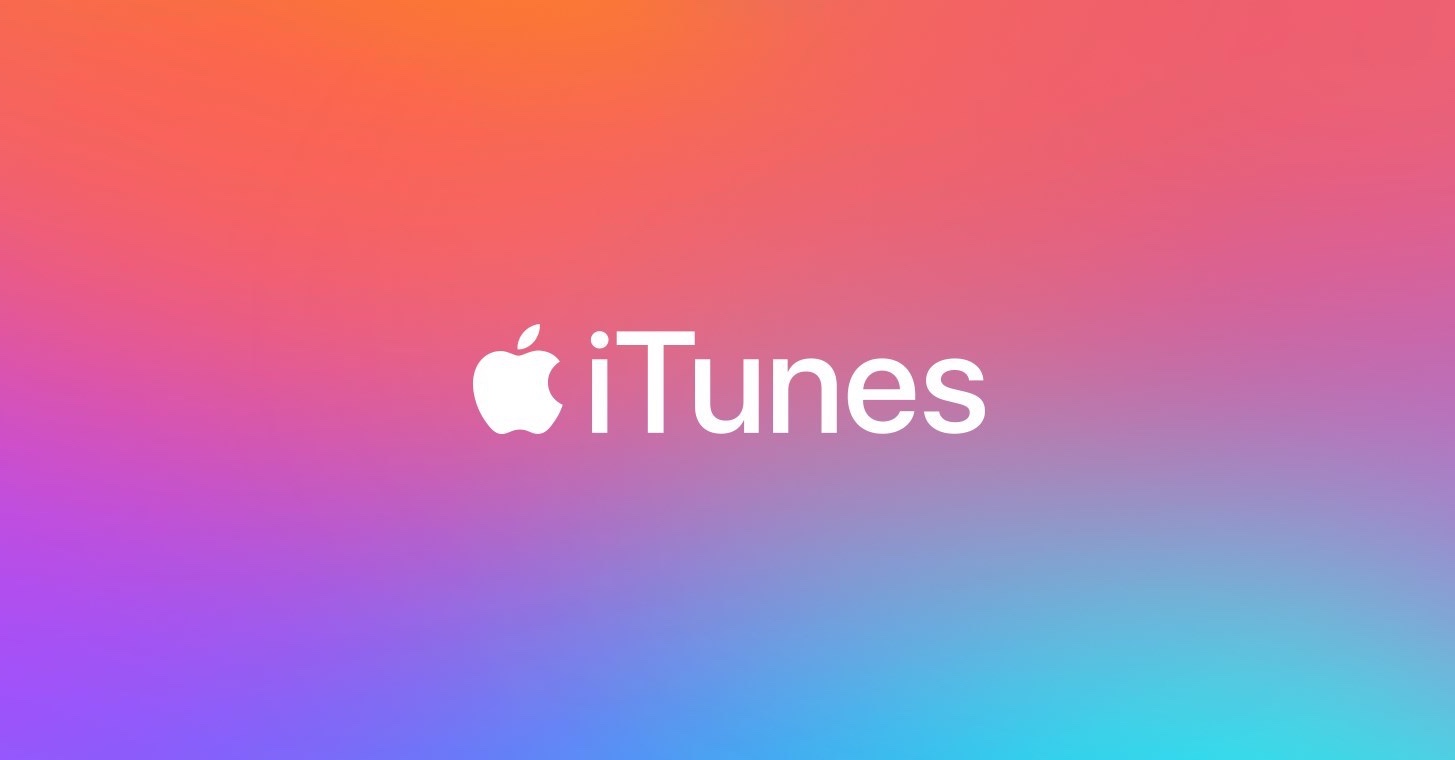iTunes and iCloud users on PC were exposed to a bug that allowed attackers to easily run malicious code.
According to the latest information, it was most often a so-called ransomware, i.e. a malicious program that encrypts a computer disk and requires the payment of a given financial amount in order to decrypt the disk. The situation was all the more serious because antiviruses did not detect the ransomware launched in this way.
It could be interest you

The vulnerability was in the Bonjour component that both iTunes and iCloud for Windows rely on. An error known as an "unquoted path" occurs when a programmer neglects to enclose a text string with quotes. Once the bug is in a trusted program – ie. digitally signed by a verified developer such as Apple - so an attacker can easily use it to run malicious code in the background without this activity being caught by antivirus protection.
Antiviruses on Windows often do not scan trusted programs that have valid developer certificates. And in this case, it was an error that directly related to iTunes and iCloud, which are programs both signed by Apple's certificate. Security therefore did not check him.

Mac computers are safe according to experts
Apple has already fixed the bug in iTunes 12.10.1 for Windows and iCloud 7.14 for Windows. PC users should therefore immediately install this version or update the existing software.
However, users may still be at risk if, for example, they have previously uninstalled iTunes. Uninstalling iTunes does not remove the Bonjour component and it remains on the computer.
Experts from security agency Morphisec were surprised at how many computers are still exposed to the bug. Many of the users have not used iTunes or iCloud for a long time, but Bonjour remained on the PC and was not updated.
However, Macs are completely safe. In addition, the new version of the macOS 10.15 Catalina operating system completely removed iTunes and replaced it with three separate applications Music, Podcasts and TV.
Morphisec experts discovered that the bug was often used by the BitPaymer ransomware. Everything was reported to Apple, who subsequently released the necessary security updates. iTunes, unlike macOS, remains the same the main synchronization application for Windows.
It could be interest you

Source: 9to5Mac